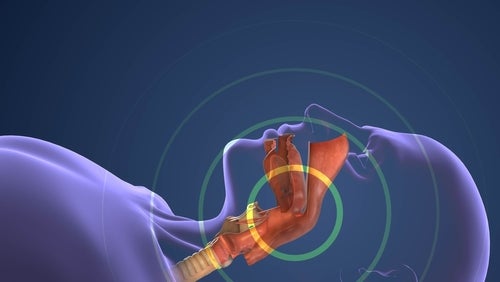
Editor's Note Artificial intelligence use in healthcare is accelerating, and the American Medical Association (AMA) is pressing health systems to establish clear governance policies before the technology outpaces oversight. Nearly 70% of physicians reported using artificial intelligence tools in 2024, a sharp rise from 38% in 2023, AMA News Wire…

Editor's Note Hospitals will soon face stronger accountability for suicide prevention, as The Joint Commission prepares to implement “National Performance Goal (NPG) 8” on January 1, 2026, its September 3 news update reports. The goal, titled “The hospital reduces the risk for suicide,” replaces current requirements under “National Patient Safety…

Editor's Note The American College of Surgeons (ACS) has released updated Best Practices Guidelines for the Management of Genitourinary Injuries, providing trauma teams with evidence-based recommendations to improve outcomes for patients with injuries to the kidneys, bladder, ureters, urethra, and genitalia. According to an ACS August 26 news release, the…

Editor's Note The Accreditation Association for Ambulatory Health Care (AAAHC) released its v44 Standards, introducing new guidance designed to strengthen patient-focused care, streamline compliance, and align with evolving state regulations, an August 18 AAAHC announcement reports. As detailed in the news release, the v44 Standards, effective December 16, 2025, were…

For an ambulatory surgery center (ASC), earning accreditation can be more than a mark of excellence. The Accreditation Association for Ambulatory Health Care (AAAHC) offers Medicare Deemed Status Accreditation, eliminating the need for separate surveys to certify compliance with the Conditions of Participation (CoPs) required by the Centers for Medicare…

Editor’s Note: This page is a companion piece to the main article, How ASCs ace the AAAHC accreditation survey. The posts below cover the latest version of the handbook from the Accreditation Association for Ambulatory Health Care (AAAHC) and advice on delineation of privileges. Navigating the new handbook The latest…

Editor's Note A federal judge has ordered the Trump administration to restore health-related webpages and datasets removed under a January executive order, according to a July 29 article in Medscape. The ruling follows a lawsuit by Doctors for America and the city and county of San Francisco, which argued that…

Editor’s Note: This page is a companion piece to the main article, Proper planning prevents OR construction, renovation cost creep. It brings together four focused updates on OR and ambulatory surgery center (ASC) construction and renovation: Regulatory shifts: The Joint Commission's updated safety and sustainability requirements for hospitals and ASCs, including new…

An estimated 22 million Americans were believed to have obstructive sleep apnea (OSA) in 2019, according to data cited in a February 2019 article published by OR Manager. At that time, up to 80% of cases were undiagnosed, and 30% to 40% of the surgical patient population was believed to…

Editor's Note A multidisciplinary expert panel has released the first evidence-based airway management guidelines specific to patients living with obesity. Published June 5 in Anaesthesia, the 43-point framework—developed by the Society of Obesity and Bariatric Anaesthesia (SOBA)—offers perioperative strategies aimed at improving the safety and consistency of care in a…